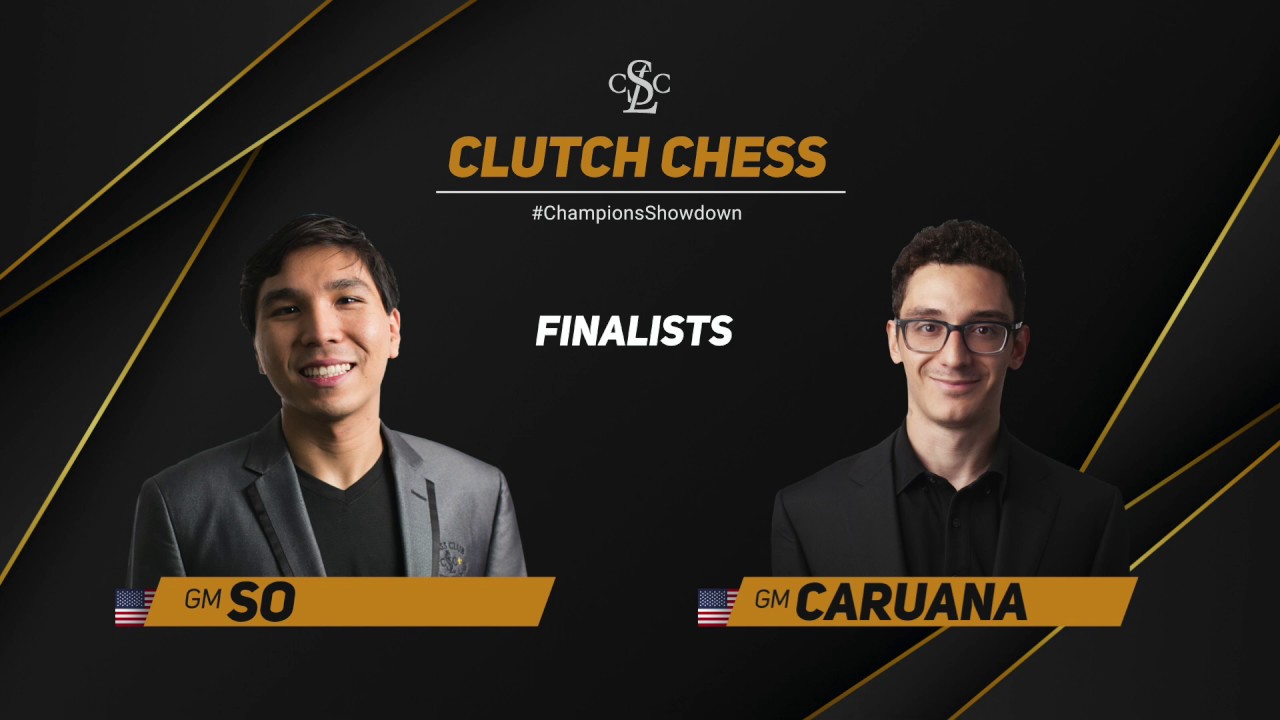
In the grand theater of competitive chess, innovation is a rare and precious commodity. While the 64 squares remain immutable, the rules of engagement are sometimes cleverly re-calibrated to amplify the drama and intensity. Such is the case with the Clutch Chess: Champions Showdown, a rapid tournament that recently captivated the chess world from the esteemed Saint Louis Chess Club. This wasn`t just another showcase of elite talent; it was a carefully engineered crucible designed to test nerves and strategy under progressively escalating pressure, culminating in a truly gripping spectacle.
The “Clutch” Mechanism: Where Every Move Gains Weight
At the heart of this tournament`s unique appeal was its eponymous `clutch` scoring system. Traditional chess often sees players settling for draws when the stakes are low, or conserving energy for later rounds. Clutch Chess, however, threw such conventional wisdom out the window by assigning progressively higher point values to games as the tournament advanced. It`s a rather ingenious way to ensure that a competitor`s ambition doesn`t wane prematurely:
- Round-robin one: A win fetched 1 point, a draw ½. Standard fare, a gentle warm-up.
- Round-robin two: The stakes doubled – 2 points for a win, 1 for a draw. Suddenly, finding that decisive edge became twice as rewarding.
- Round-robin three: The grand finale of scoring, with 3 points for a win and 1 for a draw. At this stage, every single game carried the weight of a small mountain, encouraging players to risk it all for victory rather than settling for a shared point.
This escalating scale fundamentally reshaped the strategic landscape. Players couldn`t afford a leisurely start, nor could they coast to the finish. The format was a direct challenge to their psychological resilience, demanding sustained peak performance and an appetite for calculated risk from the first move to the very last.
The Elite Assembly: World Champions and Top Contenders
A tournament of such innovative design naturally required a stellar cast, and the Clutch Chess Showdown delivered. The field comprised four of the game`s brightest stars: reigning world champion Gukesh Dommaraju, alongside the world`s top three highest-rated players. This constellation of talent guaranteed an unparalleled level of play, where every tactical skirmish and strategic maneuver was executed at the pinnacle of human capability. The Saint Louis Chess Club, a renowned bastion for elite chess events, provided the perfect modern facility for this high-octane competition, solidifying its reputation as a premier stage for the sport.
Rapid Fire with a Mandate: No Early Retreats
The choice of a rapid time control (10 minutes for the entire game, plus a 5-second increment per move) further fueled the excitement. Rapid chess is a delicate balance of deep calculation and swift execution, often leading to spectacular blunders and brilliant saves born from the pressure cooker of the clock. Adding another layer of intrigue was the uncompromising anti-early-draw regulation: draws were strictly forbidden before Black`s 60th move. One might almost hear the tournament organizers politely suggesting, “Please, gentlemen, let`s have a proper fight, shall we?” This rule, far from being an arbitrary restriction, was a brilliant stroke, ensuring that players battled on, even in seemingly deadlocked positions, transforming potential quick draws into prolonged tactical puzzles and increasing the chances of a decisive outcome.
Day 3: The Zenith of Tension
As the tournament progressed to its decisive stages, particularly Day 3 as the original reports indicated, the true genius of the Clutch Chess format would have been on full display. With points trebled, every victory or defeat could dramatically swing the standings. Imagine the tension in the commentary booth, or in the minds of the players themselves, knowing that a single win could be worth more than all their previous draws combined. This final day wasn`t just about winning games; it was about seizing opportunities when they mattered most, truly defining who possessed that elusive “clutch” gene under immense pressure.
A Glimpse into the Future of Chess Spectacles
The Clutch Chess: Champions Showdown represents a compelling argument for evolving tournament formats. It masterfully combined rapid play, an elite roster, and a shrewdly designed scoring system to create a genuinely thrilling experience. It demonstrated that by introducing carefully considered modifications, competitive chess can significantly enhance its dramatic appeal, push players to their strategic and psychological limits, and deliver a more engaging spectacle for enthusiasts worldwide. Whether this format becomes a staple or remains a special occasion, it undeniably left its mark as a fascinating experiment in high-stakes strategic combat, perhaps charting a course for future chess innovations.











